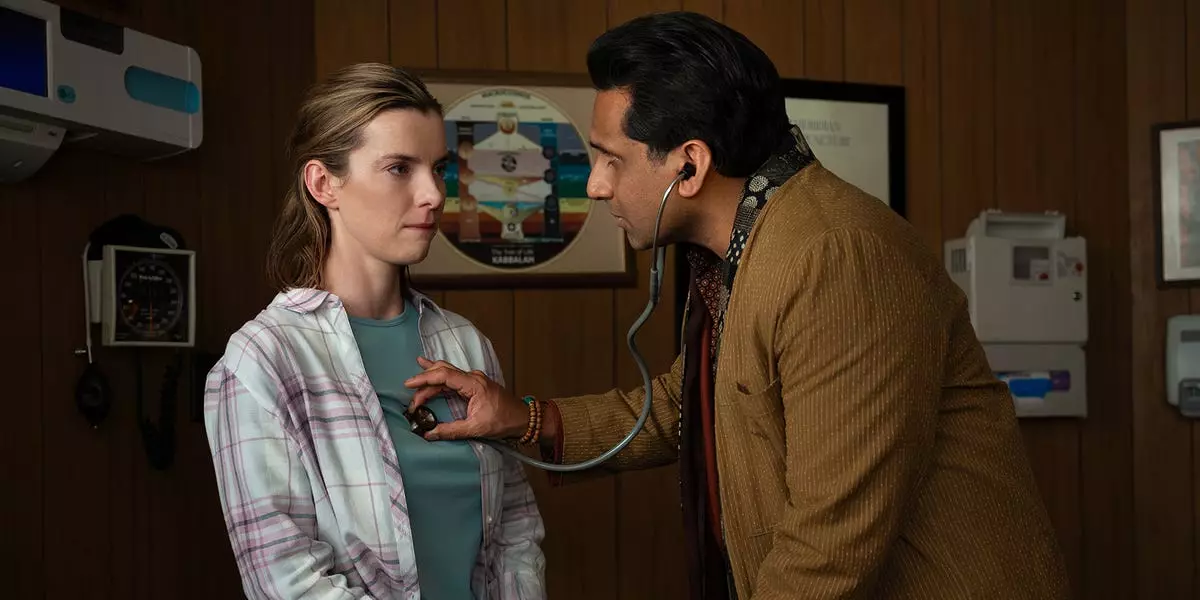Lisa Taddeo’s *Three Women* has emerged not just as a bestselling work but as a significant cultural artifact that delves into the intricacies of female sexuality. The author takes a documentary-style approach to narrative, chronicling the lives of three distinct women from different regions of the United States. This storytelling method elevates their individual experiences while simultaneously weaving a larger narrative about the struggles and triumphs associated with female desire, intimacy, and the repercussions of society’s expectations.
The book’s incredible reception can be attributed to its raw honesty and a keen sensitivity to the distinct narratives of women that often get overshadowed in mainstream storytelling. It is both a personal and societal exploration that encapsulates the multifaceted nature of love, betrayal, and self-discovery. As Taddeo has mentioned, the timing of the book’s release coincided with a cultural moment that craved more candid discussions surrounding women’s experiences—undoubtedly a testament to the profound impact *Three Women* has had on contemporary conversations around gender and sexuality.
The much-anticipated adaptation of *Three Women* into a limited series is a natural evolution from its literary origins. Spearheaded by a team of talented creators including showrunner Laura Eason and producers Kathy Ciric and Emmy Rossum, the series aims to maintain the core essence of Taddeo’s narrative while also introducing new avenues for character exploration.
One notable addition is the character Gia, a journalist who embarks on a journey across the U.S. to uncover more intimate facets of women’s desires. Gia’s narrative provides an engaging bridge between the audience and the three main characters—Lina, Sloane, and Maggie—creating a frame story that enriches the viewers’ understanding of each woman’s unique circumstances. This structure not only serves to deepen the narrative but also reflects Taddeo’s own journey in uncovering these stories, drawing a parallel between the teller and her subjects.
The series introduces us to a spectrum of complex characters, each embodying the diverse experiences of womanhood. Lina, played by Betty Gilpin, is a housewife grappling with a stifling marriage while delving into an affair that revitalizes her identity and challenges her moral compass. Sloane, portrayed by DeWanda Wise, represents the allure and complexity of modern relationships, navigating an open marriage that gets complicated by newfound desires. Maggie, played by Gabrielle Creevy, offers a stark and poignant reflection on power dynamics in sexual relationships, particularly highlighting the impact of societal taboos surrounding youth and authority through her connection with a married teacher.
Through the portrayal of these women, the series emphasizes that female desire is not just about physicality; it serves as an exploration of identity, vulnerability, and the quest for authenticity in a world laden with expectations and judgments. Each character’s struggle brings a different lens to the conversation about what it means to be a woman seeking fulfillment in a landscape that can often be unforgiving.
*Three Women* premiered on September 13 in a strategic move to engage viewers who crave nuanced storytelling. The episodic format allows for a gradual revelation of each woman’s journey while the character of Gia serves as a consistent thread interweaving their lives. As episodes unfold, audiences are granted significant insights into the emotional landscapes of these complex women, establishing a connection that embodies the essence of Taddeo’s original narrative.
The release strategy, with new episodes premiering weekly, is also a reminder of how serialized storytelling allows for deeper engagement with more intricate plots. This method not only builds anticipation but also encourages discourse among viewers, reminiscent of the communal experience of discussing literature, albeit now through the lens of television.
In sum, *Three Women* stands as a cultural milestone in exploring female narratives. It transcends mere storytelling by addressing the intimate dialogues surrounding female sexuality in today’s society. The adaptation into a limited series by a team that clearly respects Taddeo’s voice is a strategic choice that promises to resonate with audiences seeking depth and connection to the narratives of women often left untold. As more episodes unfold, the discussions catalyzed by this work will no doubt continue to expand, opening avenues for a broader understanding of what it means to be a woman in all her complexities.

